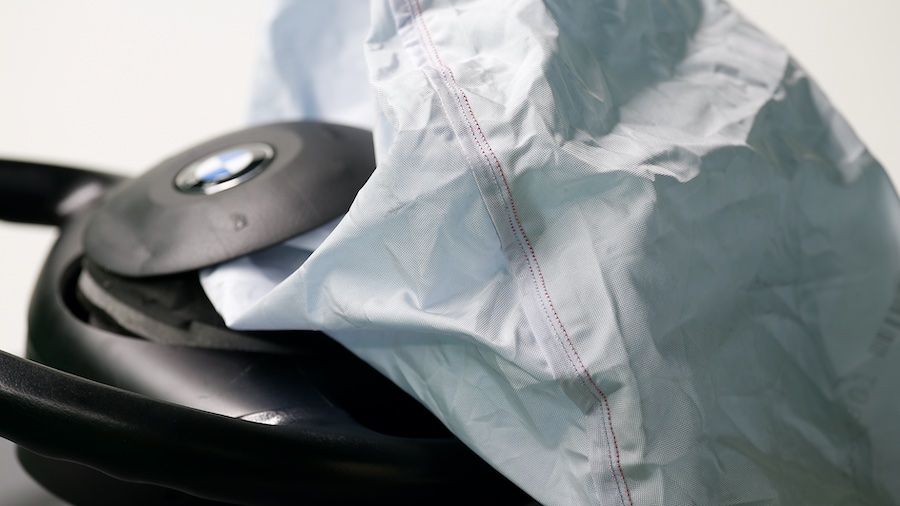#Europe
Coronavirus: Commission proposes update to coordinated approach on free movement restrictions
In light of new coronavirus variants and high numbers of new infections across many Member States, it is necessary to strongly discourage non-essential travel, while avoiding border closures or blanket travel bans and ensuring that the functioning of the Single Market and supply chains remain uninterrupted. Therefore further targeted action to ensure a coordinated approach on measures restricting free movement within the EU is necessary.
The Commission's proposal sets out additional coordination in two areas where Member States have already agreed to work together:
1. An update to the agreed colour code for the mapping of risk areas.
2. Stricter measures applied to travellers from higher-risk areas.
Commissioner for Justice, Didier Reynders, said: “The agreement in October on an EU coordinated approach for travel restrictions was a big step forward in our efforts to curb the spread of COVID-19 while preserving essential travel and the functioning of the Single Market. The common map and a common approach to proportionate, non-discriminatory restrictions must still guide our efforts. What we need now in view of the new variants is even more coordination and a joint European effort to discourage non-essential travel. Border closures will not help, common measures will.”
An update to the common colour code
In addition to the existing colours of green, orange, red and grey, the Commission is proposing to add ‘dark red' to indicate areas where the virus is circulating at very high levels. This would apply to an area where the 14-day notification rate is more than 500 per 100 000 people.
The European Centre for Disease Prevention and Control (ECDC) will continue to publish updated versions of the map based on data provided by Member States.
Stricter measures for travellers from higher-risk areas
As per the Commission's Communication of 19 January setting out actions needed to avoid a third wave, the Commission proposes that all non-essential travel should be strongly discouraged until the epidemiological situation has considerably improved. This especially concerns travel to and from ‘dark red' areas. When doing so, Member States should ensure consistency with the measures they apply to travel within their own territory.
For people travelling from a ‘dark red' area, Member States should require them to:
• undergo a test prior to arrival;
• AND undergo quarantine as recommended by the Health Security Committee and currently practiced by several Member States.
As testing capacity has increased, Member States could make greater use of pre-departure tests also for areas currently mapped as ‘orange', ‘red' or ‘grey'. People returning to their Member State of residence should be allowed to take a test after arrival instead.
In view of the risks linked to very high numbers of new infections, the Commission recommends, based on ECDC guidance, that Member States agree to adopt, maintain or reinforce non-pharmaceutical interventions such as stay-at-home measures and the temporary closing of certain businesses, in particular in areas classified as ‘dark red', to strengthen testing and tracing and to increase surveillance and sequencing of COVID-19 cases to gather information on the spread of new, more infectious coronavirus variants.
People living in border regions should be exempted from some of the travel restrictions. If they frequently need to cross the border, for instance for family or work reasons, should not be required to undergo quarantine and the frequency of test required should be proportionate. If the epidemiological situation on both sides of the border is similar, no testing requirement should be imposed.
Member States should also seek to avoid disruptions to essential travel, notably to keep transport flows moving in line with the ‘Green Lanes' system and to avoid supply chain disruptions. Given the increased risk, essential travellers such as health care workers, people travelling for imperative family or business reasons arriving from ‘dark red' areas should also get tested and undergo quarantine, provided that this does not have a disproportionate impact on the exercise of their essential function or need. Transport workers, whose exposure to the general population when travelling is typically limited, should not be required to quarantine and in principle be exempted from travel-related tests. The same exemptions should apply when essential travellers are transiting.
In addition to the updates proposed by the Commission today on travel within the EU, the Commission has also adopted a proposal to update the Council Recommendation on travel into the EU from non-EU countries.
















